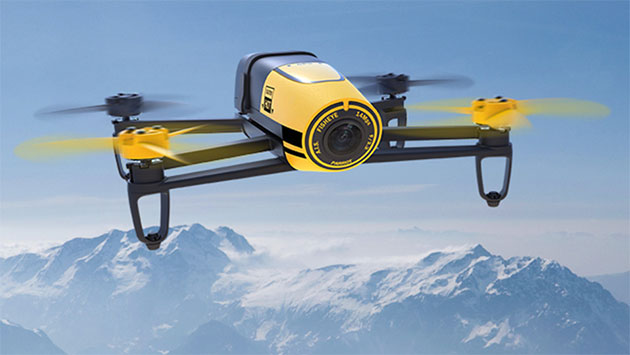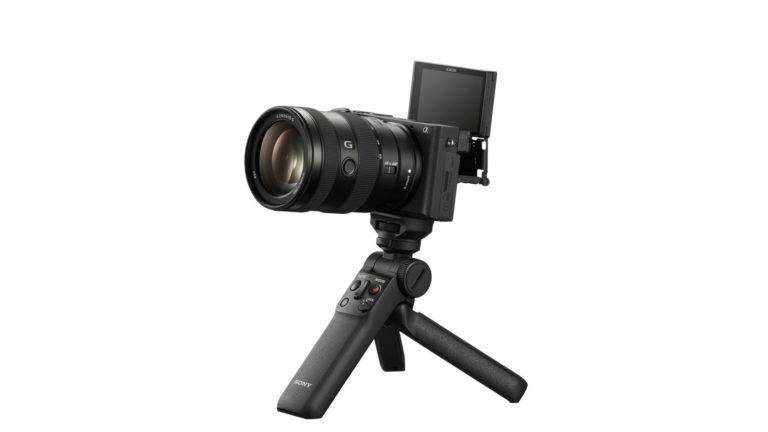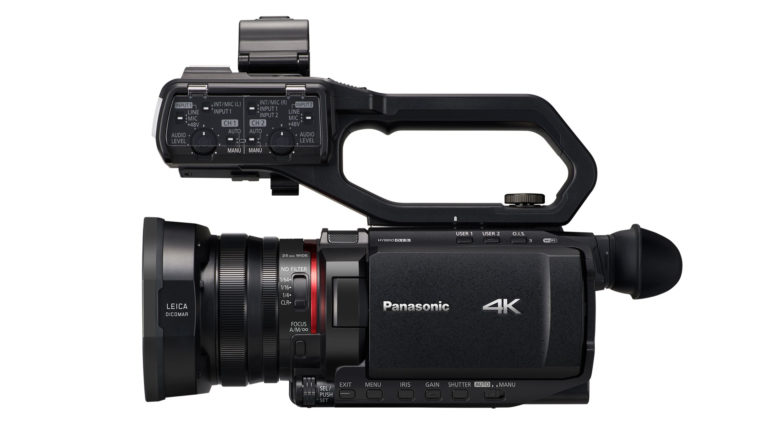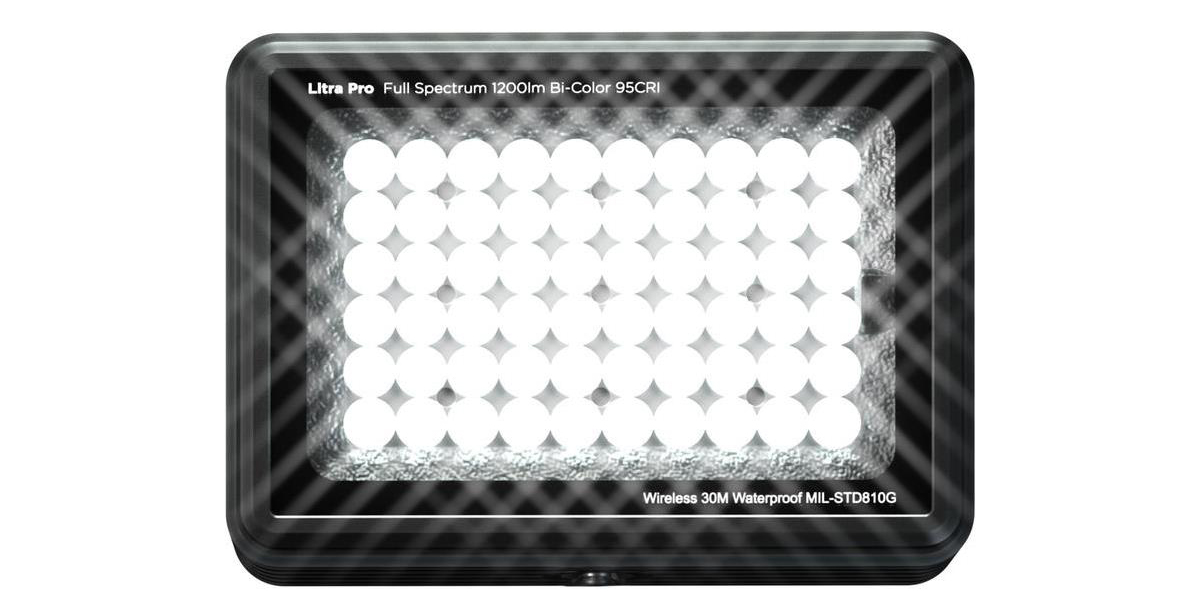The FAA announced yesterday that all unmanned aircraft weighing less than 55 pounds but more than 0.55 pounds (250g) on takeoff must be registered with the FAA before they can be flown outdoors in the U.S. Registration takes place beginning December 21 at the FAA website.
For reference, the Parrot Bebop drone pictured at the top of this page, described by its manufacturer as "featherweight," is a 420g unit. The FAA said most "toy" drones available for purchase at $100 or less weigh less than 250g. It released a document last week comparing different drone models that do and don't require registration.
The new rules apply to individual hobbyists. Commercial users are still expected to secure a Section 333 exemption from the FAA, which requires the pilot flying the UAV to have flight certification, though new rules are said to be under consideration that would remove the pilot license requirement.
Owners who purchased drones before December 21 will have 60 days to register, making the deadline February 19. Registration costs $5 every three years, but the charge will be waived during the first 30 days of the new policy.
Although no system or requirement is 100 percent effective against people intent on doing harm, registration heightens public awareness about what safe UAS operations look like. In addition, registration establishes a shared understanding that operating this type of aircraft for business or pleasure comes with certain responsibilities and expectations and that the public will be watching for and reporting bad actors, just as they do today for other safety and security-related concerns. Registration also enables us to educate UAS owners on safe operations.
UAV registration numbers identify the drone owner, not the individual drone, so if you use multiple drones in a non-commercial capacity you only have to register once, but all of your drones must be marked with that registration number. Registrants will receive a downloadable certificate of registration that must be presented if requested during drone operation. That means you have to give someone a copy of the certificate if you loan them your drone.
Among the supporters of the measure is the National Association of Broadcasters, which called it "a reasonable step to mitigate the dangers posed by a small minority of hobbyist [UAV] operators that are flying in a careless and reckless manner that endangers the public" according to a final rule document released by the FAA.
Did you enjoy this article? Sign up to receive the StudioDaily Fix eletter containing the latest stories, including news, videos, interviews, reviews and more.










…also falling under the rules are box-kites and the mickey mouse balloons that have a light in them. Exempt are paper air planes, but not “Balsa-wood Airplanes propelled with a rubber band measuring more the 3”
My 12 year old will be thrilled to know he can’t fly last year’s Christmas present in the back yard without FAA approval.
You do understand that, as with most things where you have to assume a certain responsibility, while your son can’t register the drone himself, you as his parent can register and assume the responsibility for him, right?
I really don’t see what the issue is. Why shouldn’t your son be aware that with this tool comes a certain responsibility? Just because he got it for Christmas does not mean it’s a toy.